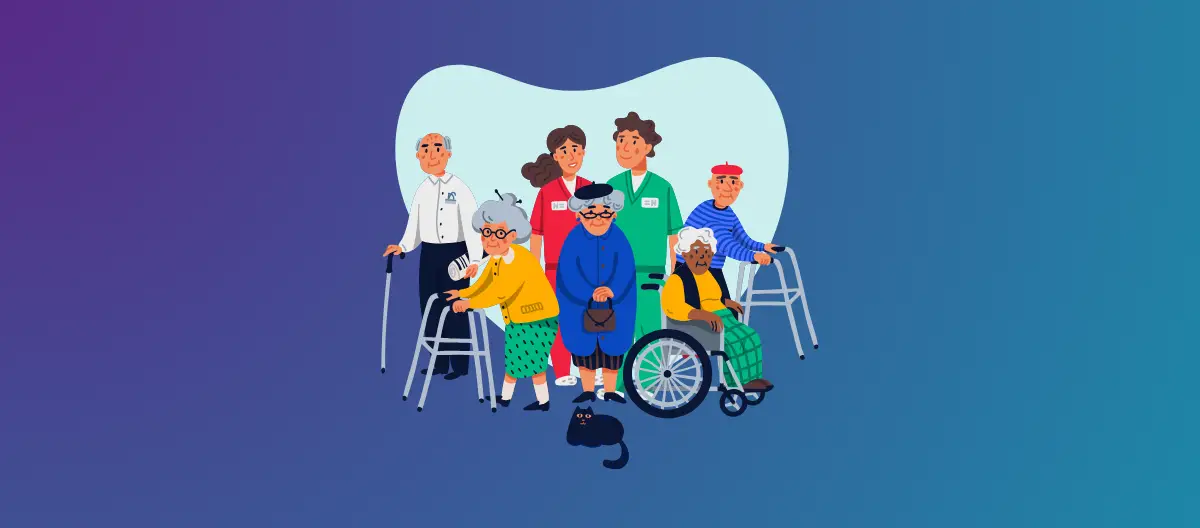The subject of loneliness and mental health has been at the forefront of discussions in adult social care. We have explored the topic of loneliness and come across a few options to help combat loneliness such as au pairing and Homeshare schemes. If the Homeshare scheme or au pairing isn’t right for you because there’s no spare space at home or having someone live-in (or living-in with someone as a younger person) isn’t something you’d be comfortable with, then there are also many non-live in schemes that help build community connections and reduce loneliness.
There is the option of using domiciliary personal care providers, as many offer ‘care companion’ support. This is a paid service usually provided by trained carers and prices vary. New Apps, for example Monami and Honey Bee Helpers (both US companies) are also starting to cater for this market, directly matching care givers with elderly individuals according to interests and personality. This provision may suit someone with slightly more complex needs, looking for companionship in those they know have training in personal care, however there are other cheaper options. Below is a taster of what is already available!
Buddy/Befriending Schemes
Numerous befriending schemes operate all over the UK, these are well known services that connect individuals directly. I think these are a great way to forge new beneficial social connections for volunteers and elderly people alike. Traditional organisations like Age UK and the Royal Voluntary Service have their own national services that offer face-to-face and over-the-phone befriending.
New technology also comes into play here, with the online platform Buddyhub. Organising up to three ‘buddys’ and one ‘Senior’ into a ‘friendship wheel’ with matches made according to interests and location. The buddy roles are voluntary and the senior pays a monthly fee of £28 (or £8 depending on means). Currently only offering services in a few London boroughs, they are hoping to go national in the next few years.
Community Groups
There are, of course, many different community groups according to area and I would never be able to cover all of them. There are, however, a couple of national schemes I have found that I think are worth mentioning:
- Over 800 groups of free monthly ‘Sunday Tea Parties’ for people aged 75 and over can be found across the UK, organised by charity Contact the Elderly. Each older person is collected from their home by a volunteer, meaning that even those not able to drive are able to come, and everyone gathers in a volunteer host’s home for the afternoon.
- Men’s Shed offers over 400 communal sheds to connect ‘Shedders’ through activities like wood working and repairing electronics. This organisation recognises that less older men have networks of friends (compared to women of a similar age), and rarely share personal or health concerns.
Well-established organisations like Age UK, the British Red Cross and the Royal Voluntary Service also all run other programmes aimed at getting groups of people together (e.g. day centres and community cafes) to combat loneliness.
And there are many more!
As part of the Government’s ‘Strategy on Loneliness’, work is being done to make it easier to access information about local community groups, activities and support services. And there are a plethora of other groups available varying from community to community. There is hope that new technology will also help combat loneliness (like the online platform Buddyhub), and I’m sure there will be many new developments in the not-too-distant future.
By Katherine Maule, everyLIFE Intern




